The Chinese People's Liberation Army (PLA) is at high vigilance amid continuous provocations by foreign forces from the sea, displaying its high level of readiness, capabilities and determination in safeguarding China's national sovereignty, security and maritime rights, experts said on Sunday.
Foreign provocations include the Philippines' enlisting of countries outside of the region to jointly patrol the South China Sea in the midst of its trouble-stirrings on Chinese islands and reefs, an Australian frigate's provocations in the East China Sea to the Taiwan Straits then to the South China Sea, and a U.S. destroyer's trespass into Chinese territorial waters in the South China Sea.
On Saturday, the Philippines and Australia launched their first joint sea and air patrol in the South China Sea, with the Philippine side sending two warships and five surveillance aircraft, and the Australian side sending the frigate HMAS Toowoomba and a P-8A maritime surveillance aircraft, Reuters reported on the day.
The three-day joint patrols between the Philippines and Australia came only days after the Philippines and the U.S. held a similar operation from Tuesday to Thursday featuring three Philippine warships plus three combat aircraft and a U.S. littoral combat ship plus a P-8A aircraft.
During the U.S.-Philippine joint patrols, the PLA Southern Theater Command maintained a state of high alert to firmly defend national sovereignty, security and maritime interests, and firmly safeguard peace and stability in the South China Sea, Senior Colonel Tian Junli, a spokesperson of the command, said in a press release on Thursday.
The PLA Southern Theater Command has yet to issue a similar press release on the Australia-Philippines joint patrols, but since the PLA holds routine patrols in the region, it is almost certain that the PLA is monitoring the situation and is ready to deal with any provocations that might occur, analysts said.
Australia's HMAS Toowoomba frigate's participation in the joint patrols with the Philippines in the South China Sea means it has become a habitual offender against China over the past two weeks, analysts said.
It operated in waters near the East China Sea on November 14 and later accused a PLA Navy destroyer of "unsafe and unprofessional" interactions by using sonar pulses on Australian divers, despite the Chinese warship only taking measures including tracking, monitoring, identifying and verifying in accordance with the law and regulations.
Then on Thursday, the Australian frigate made a transit in the sensitive Taiwan Straits, a move sources said was monitored and guarded against by the PLA Eastern Theater Command.
In another event on Saturday, the U.S. Navy's destroyer USS Hooper illegally entered China's territorial waters off the Xisha Islands without authorization from the Chinese government, and the PLA Southern Theater Command organized maritime and aviation forces, tracked, monitored, warned and expelled the U.S. warship in accordance with the law and regulations, Tian said in a separate press release on the day.
Tian said that the U.S. seriously violated China's sovereignty and security, and its move marked another solid proof of the U.S.' navigation hegemony and militarization in the South China Sea, showing fully that the U.S. is the true maker of security risks and the biggest destroyer of peace and stability in the region.
Chen Xiangmiao, director of the World Navy Research Center at the National Institute for South China Sea Studies, told the Global Times that the provocations and tensions in the region are mainly instigated by the U.S., which sees the Philippines as a key geographic foothold in the first island chain to contain China.
From the Philippines, the U.S. hopes to stop the PLA from entering the South Pacific from the South China Sea, Chen said, noting that the Philippines can also offer a flank for the U.S. military when interfering in the Taiwan question.
The U.S.' joint patrols with the Philippines provides a bad example, and now Australia and other Western countries are joining in, with the Philippines further encouraged to provoke China, Chen said.
The PLA's countermeasures against the recent continuous provocations by foreign military forces showed its high level of situational awareness on China's doorstep including the South China Sea, the Taiwan Straits and the East China Sea, allowing it to react rapidly and strongly, a Chinese military expert who requested anonymity told the Global Times on Sunday.
Countries outside the region should stop coming all the way from their home to China's doorstep to stir up troubles in an attempt to contain China, and the Philippines should stop inviting maliciously intentioned forces that do not belong to the region and could eventually hurt the Philippines as well, only to contend for islands and reefs that rightfully belong to China, the expert said.










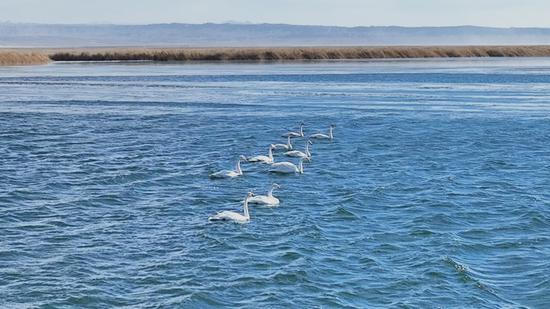

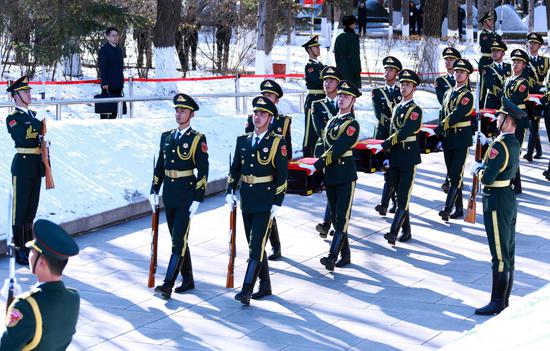
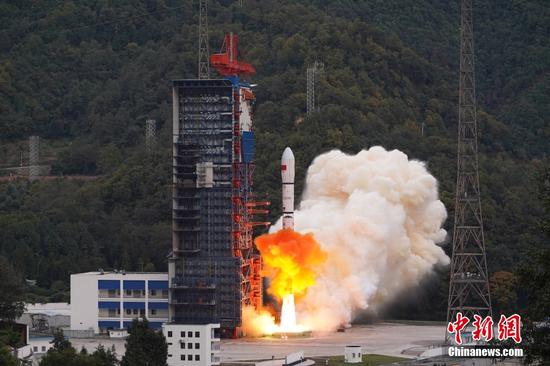
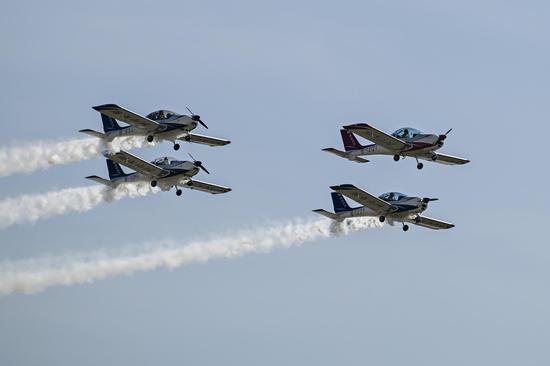
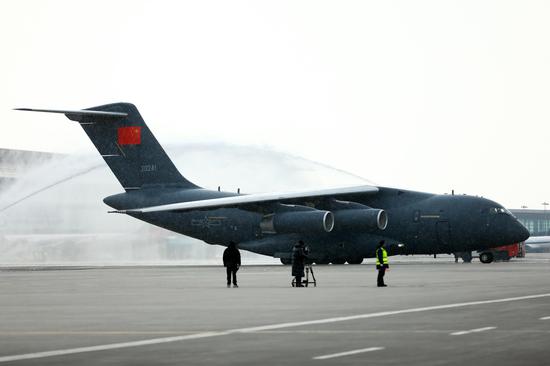

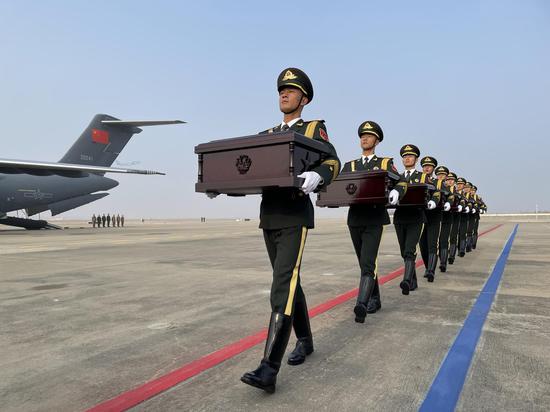



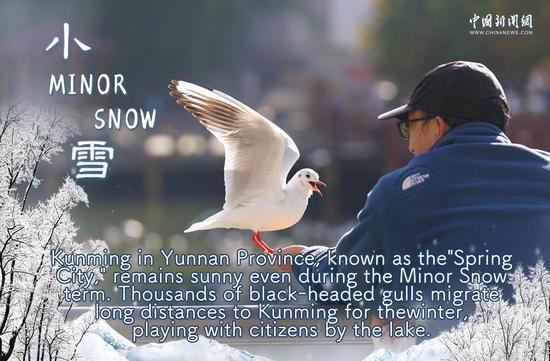
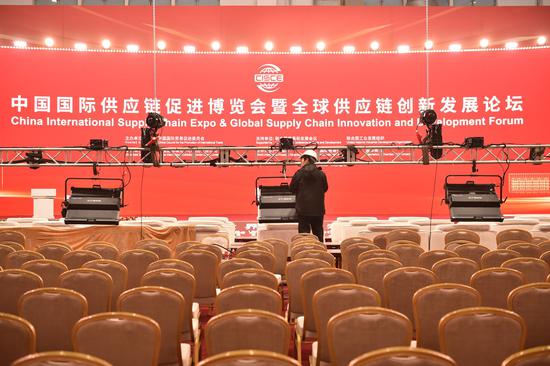
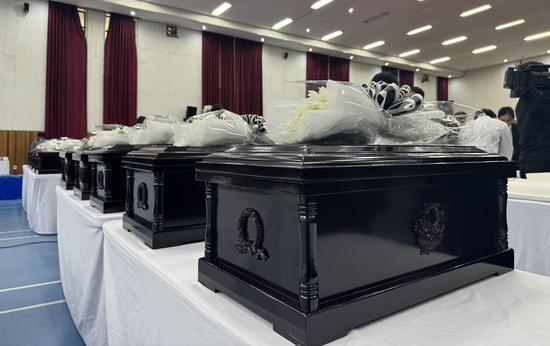
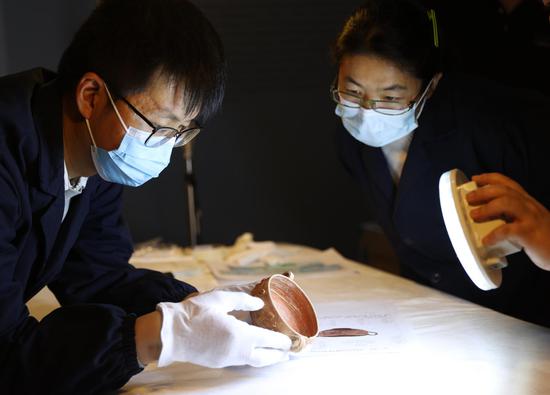
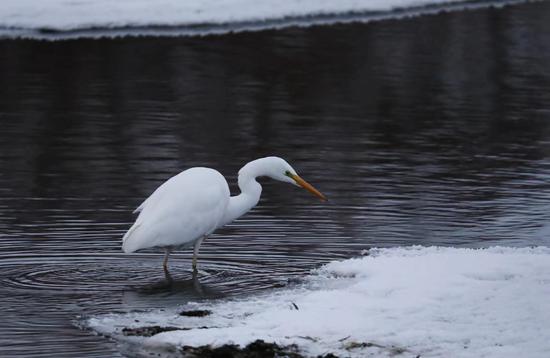



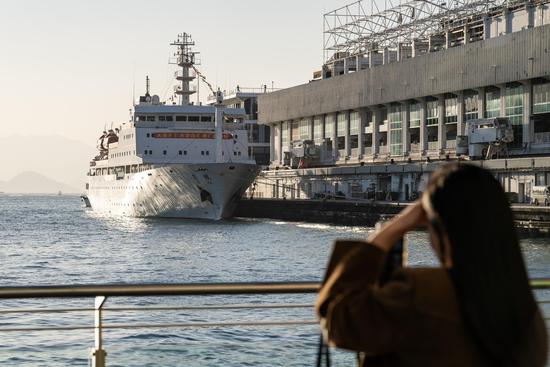
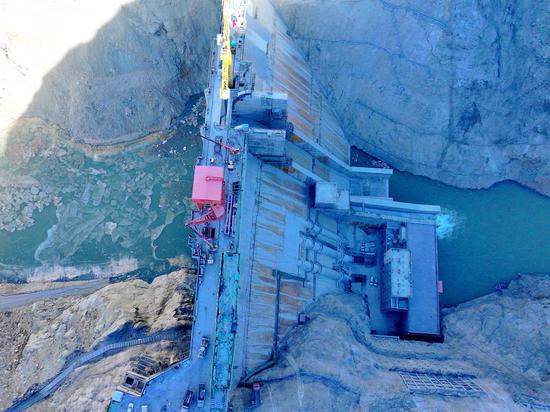



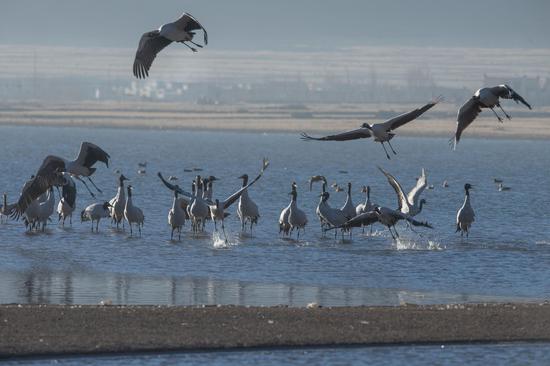

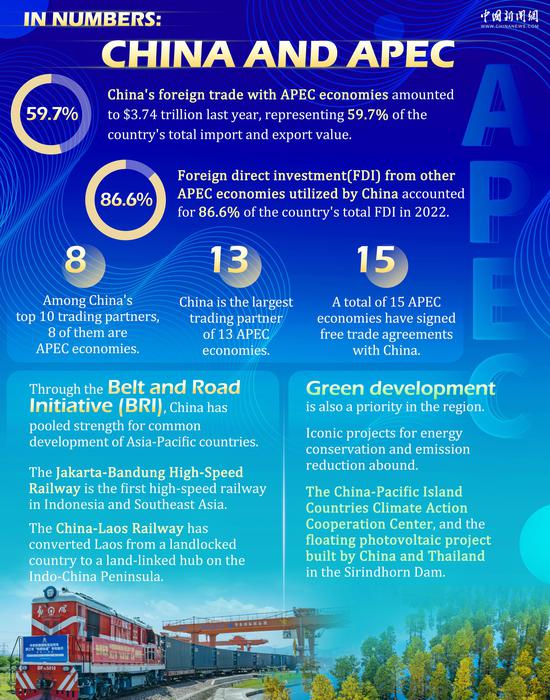

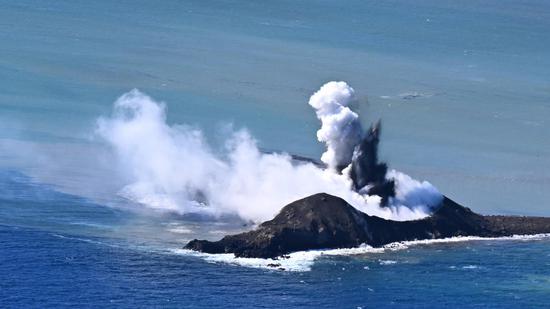
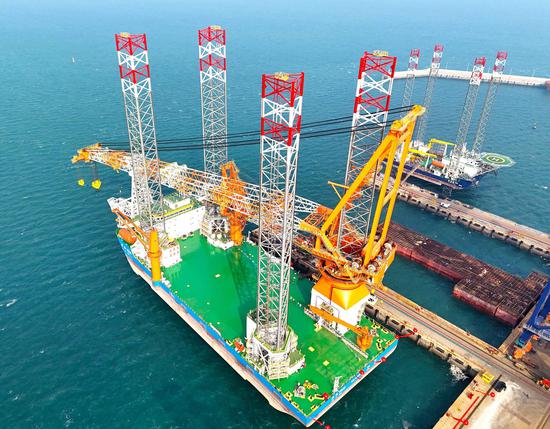

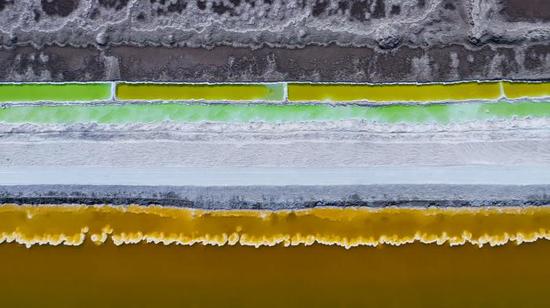
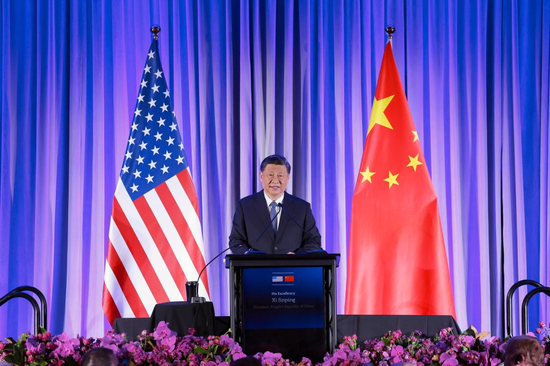
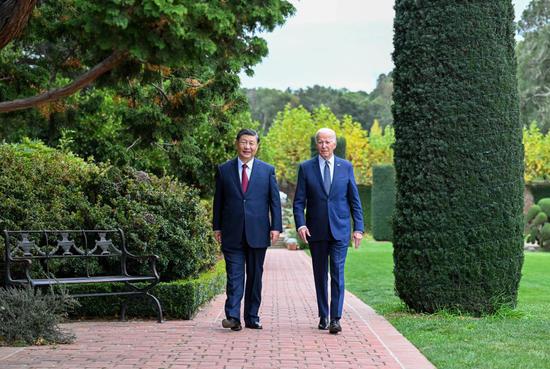






 京公网安备 11010202009201号
京公网安备 11010202009201号